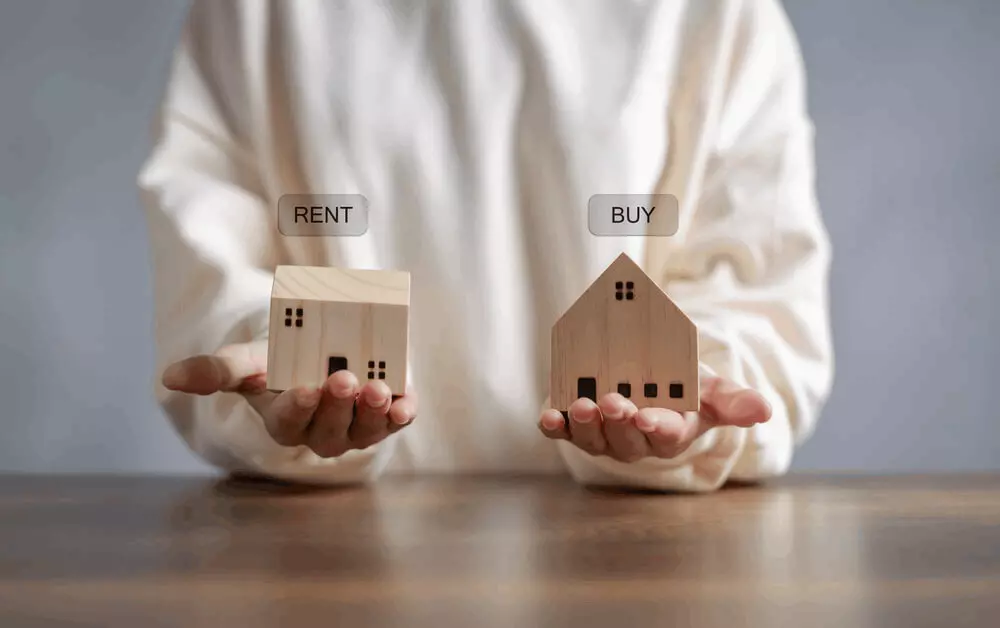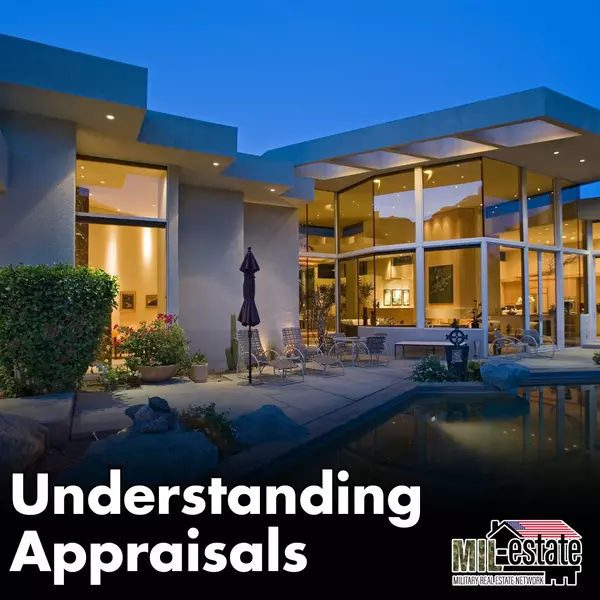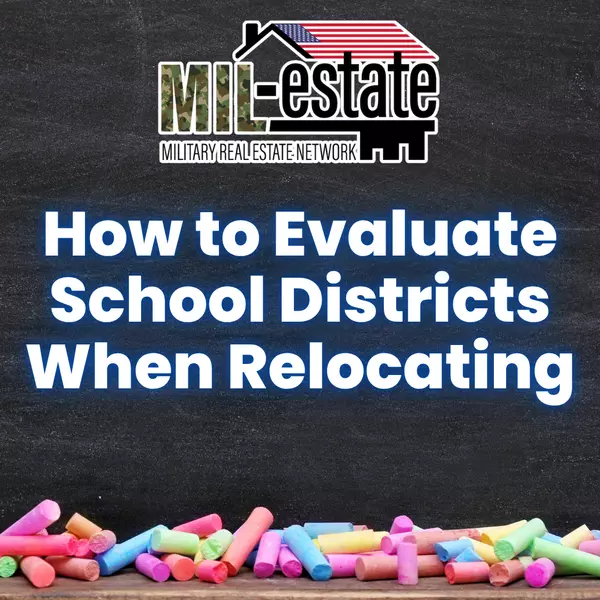Renting vs. Buying a House: 10 Tips to Help You Make the Best and Informed Decision

Choosing between renting and buying a house is one of those big life decisions that can feel a bit overwhelming. But don’t worry—it’s also an exciting opportunity to shape your future! Whether you’re dreaming of owning your own place or enjoying the flexibility of renting, each option comes with its own perks and challenges. To help you make the best decision, here are 10 essential tips that will guide you through the process with a little bit of fun and energy along the way.
1. Evaluate Your Financial Situation: What Can You Really Afford?
Let’s start with the big question—what can you actually afford? It’s time to take a deep dive into your finances and figure out what works best for your budget.- Renting: Renting is typically easier on the wallet upfront. You’ll usually need just the first month’s rent and a security deposit to get started. Plus, your monthly expenses are more predictable, which makes budgeting a breeze.
- Buying: Buying a home is a bigger financial commitment. You’ll need to save up for a down payment, closing costs, and don’t forget about those ongoing maintenance expenses. However, each mortgage payment builds equity—meaning you’re investing in your future!
2. Consider Your Long-Term Plans: Stability vs. Flexibility
Where do you see yourself in the next few years? This is crucial when deciding whether to rent or buy because each option supports different lifestyles.- Renting: If you love the idea of packing up and moving at a moment’s notice, renting might be your best bet. Renting offers flexibility—perfect for those who aren’t ready to settle down or who might relocate for work or personal reasons.
- Buying: If you’re ready to put down roots and build a life in one place, buying a home gives you that stability. You can paint the walls any color you like, plant a garden, and truly make the space your own.
3. Factor in Market Conditions: Timing Is Everything
The housing market is a lot like the stock market—timing can make a big difference. Understanding whether it’s a buyer’s or a renter’s market can help you make a smart decision.- Renting: In a hot seller’s market, where home prices are high and inventory is low, renting might be the more affordable and less stressful option. Renting gives you the flexibility to wait until the market cools down or until you’re in a better financial position to buy.
- Buying: On the flip side, if it’s a buyer’s market—when prices are lower and there’s more inventory—it might be the perfect time to jump into homeownership. Lower prices and favorable interest rates can mean more house for your money.
4. Assess the Total Cost of Homeownership: Beyond the Mortgage
Owning a home isn’t just about making mortgage payments—there’s a lot more to consider.- Renting: When you rent, your monthly expenses are relatively straightforward. You pay rent, utilities, and maybe renter’s insurance. That’s it! This simplicity can be a huge advantage for those who prefer predictable expenses.
- Buying: With homeownership, your financial responsibilities multiply. Beyond the mortgage, you’ll need to budget for property taxes, homeowner’s insurance, maintenance, repairs, and possibly HOA fees. While these costs can add up, remember that you’re also building equity in your property.
5. Think About Maintenance and Repairs: Hands-Off or Hands-On?
Home maintenance can be a joy for some and a headache for others. How much effort are you willing to put into keeping your home in tip-top shape?- Renting: One of the biggest perks of renting is that maintenance and repairs are typically handled by your landlord. If the roof leaks or the furnace breaks down, it’s not your problem! This can be a huge relief, especially if you’re not handy or don’t want to deal with unexpected expenses.
- Buying: When you own a home, you’re the one responsible for all the upkeep. This means everything from mowing the lawn to fixing a leaky faucet falls on your shoulders. The upside? You have total control over your space and can make improvements as you see fit.
6. Evaluate Your Credit Score: Ready for a Mortgage?
Your credit score is a key player in your ability to secure a mortgage with favorable terms. Let’s take a look at where you stand.- Renting: While landlords do check credit, renting generally has lower credit score requirements than buying a home. If your credit score isn’t where you want it to be, renting gives you time to improve it.
- Buying: A strong credit score opens doors to better mortgage rates, which can save you a lot of money over time. If your score is high, you’re in a good position to get a favorable mortgage. If not, renting while you work on boosting your score might be the smarter move.
7. Consider the Potential for Investment: Building Wealth Over Time
Owning a home isn’t just about having a place to live—it’s also an investment that can grow over time.- Renting: When you rent, you’re not building equity in a property, but you also have more liquidity. Your money isn’t tied up in a single asset, giving you the freedom to invest elsewhere or save for a future home purchase.
- Buying: As a homeowner, each mortgage payment builds equity, which can be a powerful wealth-building tool over time. If property values in your area rise, so does the value of your investment. However, real estate markets can be unpredictable, so it’s important to buy wisely.
8. Weigh the Tax Benefits: A Perk for Homeowners
Homeownership can come with some nice tax perks that renting simply doesn’t offer.- Renting: Unfortunately, renters don’t get any tax breaks related to housing. Your rent payments are just that—payments for the use of the property.
- Buying: Homeowners, on the other hand, can often deduct mortgage interest and property taxes from their income taxes, which can lead to significant savings. These tax benefits can make owning a home more affordable in the long run.
9. Think About Lifestyle Preferences: What’s Important to You?
Your lifestyle plays a huge role in whether renting or buying is the better choice. What do you value most in your living situation?- Renting: If you love the idea of picking up and moving whenever the mood strikes, renting offers the flexibility you need. You’re not tied down to one location, which is great if you love to explore new places or need to relocate frequently.
- Buying: Homeownership offers the stability of a permanent address. You can paint the walls, plant a garden, and truly make the space your own. If putting down roots and creating a home that’s uniquely yours is important to you, buying might be the way to go.
10. Seek Professional Advice: Get the Help You Need
You don’t have to make this decision alone. Professional advice can make the process smoother and give you the confidence to make the right choice.- Real Estate Agents: A good agent can provide valuable insights into the local market, whether you’re renting or buying. They can help you find the perfect place and guide you through the process.
- Financial Advisors: A financial advisor can help you understand the financial implications of renting vs. buying and guide you toward the best decision for your long-term financial health.
Final Thoughts: Making the Right Choice for You
Deciding between renting and buying is a personal choice that depends on your financial situation, lifestyle, and long-term goals. By considering these 10 tips, you’ll be better equipped to make a decision that’s right for you. Whether you choose the flexibility and ease of renting or the investment potential of buying, the most important thing is finding a place where you feel at home.Recent Posts

What Does “Military-Friendly” Really Mean in Real Estate?

Making Friends Fast: How to Build Community After a Move

What to Pack vs. What to Store During a PCS Move

What Makes a MIL-Estate Realtor Different?

Keeping Your Home Show-Ready With Kids and Pets

Understanding Appraisals: What Military Buyers & Sellers Should Know

How to Evaluate School Districts When Relocating

What to Do When Your PCS Orders Change Last Minute

How to Virtually Tour a Home During a PCS Move

Why MIL-Estate Agents Understand Your Military Move Best

GET MORE INFORMATION
Follow Us

